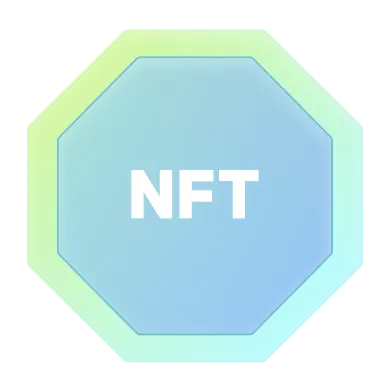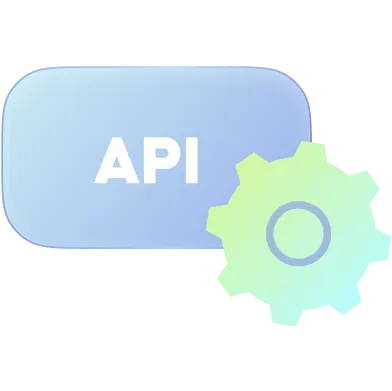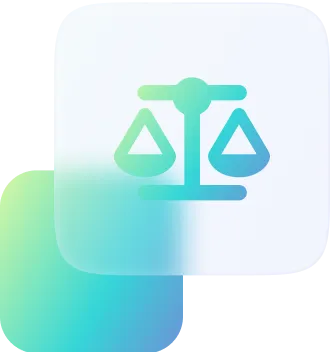Ethical crypto exchanges are emerging as a necessary alternative for investors who care about more than just returns.
But what does ethical actually mean in the context of crypto?
And how can platforms ensure they’re serving people—not just markets?
1. Ethics Shouldn’t be a Feature. It’s the Foundation.
Many exchanges today treat ethics as an optional layer: a “Sharia toggle” here, a compliance badge there. But adding ethics after launch isn’t enough.
An ethical exchange must be designed from the ground up to align with clear financial and moral principles. That means:
- No interest-based income models
- No speculative financial instruments
- No exposure to assets tied to prohibited industries
The platform’s architecture should automatically prevent non-compliant behaviors, not rely on user discretion or optional settings.
2. Asset Screening Should Be Ongoing—Not One-Time
Ethical investing begins with the assets offered. A truly ethical exchange must:
- Curate its token listings based on clear, published compliance criteria
- Exclude assets that fund or promote activities considered harmful or prohibited (such as gambling, alcohol, or exploitative industries)
- Review listings regularly as protocols and token use-cases evolve
This ensures users aren’t unknowingly exposed to tokens that don’t align with their values.
3. Transparency Is Non-Negotiable
It’s not just about what a platform offers—it’s also about how it offers it.
An ethical exchange should:
- Make its compliance process publicly available
- Show how assets are evaluated and who governs that process
- Provide clear fee structures, not hidden markups or opaque spreads
- Offer traceability and accountability in user transactions
Trust isn’t built in the dark. It’s earned through clarity.
4. Built-In Compliance, Not Afterthoughts
True ethical exchanges integrate compliance directly into the transaction layer. That means:
- Every trade passes through a compliance check
- Identity, source of funds, and transaction intent are verified
- Prohibited behaviors (like leverage or interest-based earnings) are technically blocked, not just discouraged
Compliance shouldn’t rely on what users know—it should be embedded in how the platform functions.
5. Financial Inclusion with Integrity
For ethical exchanges, access must go hand in hand with accountability.
The goal isn’t just to onboard more users—it’s to offer platforms that align with the values of those who’ve historically been excluded, especially Muslim investors and those seeking faith-based crypto solutions.
This means offering:
- Clear pathways for users to engage without compromising their beliefs
- Educational resources about compliant investing
- Community involvement in how the platform evolves over time
Ethics as a Competitive Advantage
As crypto matures, the demand for trust, transparency, and compliance is no longer niche—it’s becoming essential.
Whether you’re driven by faith, risk awareness, or a desire for value-aligned investing, ethical exchanges are paving the way for a different kind of digital economy—one that includes those who’ve been left out, and builds for long-term trust, not short-term gain.
In the end, a truly ethical platform isn’t one that lets you trade safely. It’s one that refuses to let you trade unethically in the first place.

















